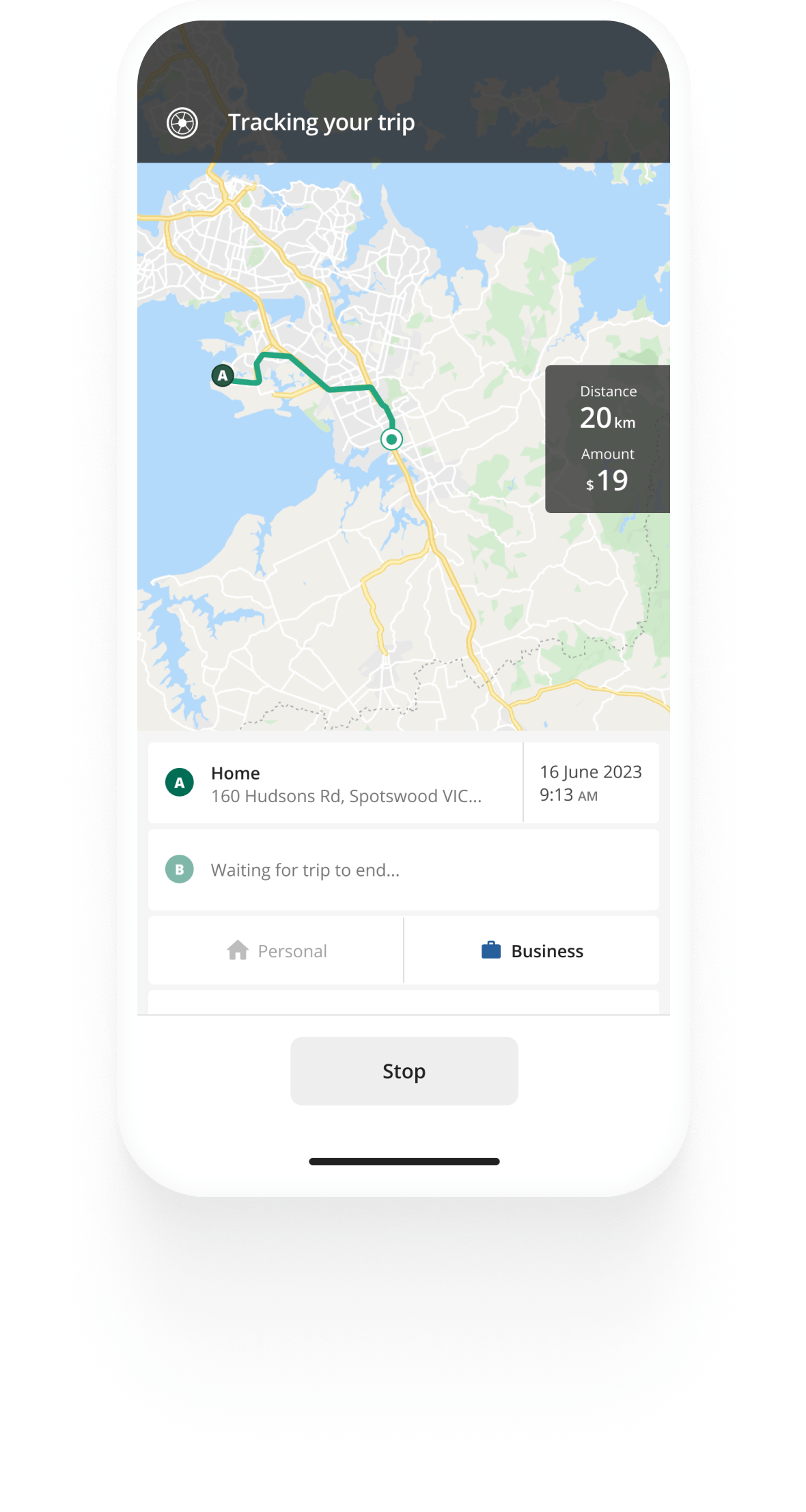Track mileage automatically
Get startedWhat is an invoice?
In this article
An invoice is a formal document issued by a seller to a buyer, specifying the products sold or services provided and requesting payment for the total amount due. It serves as a vital financial record in business transactions, ensuring transparency and facilitating smooth payment processes. Invoices typically include essential details, such as the names and contact information of both the seller and buyer, a description of the goods or services, quantities, prices, applicable taxes, payment terms, and the total amount owed.


Kilometre tracking made easy
Trusted by millions of drivers
Automate your logbook Automate your logbook

Automatic mileage tracking and IRD-compliant reporting.
Get started for free Get started for freeWhat information should be included in an invoice?
A well-structured invoice should contain the following:
- Seller's Information: Name, address, contact details, and tax identification number.
- Buyer's Information: Name, address, and contact details of the recipient of the invoice.
- Invoice Number: A unique identifier for tracking and reference purposes.
- Invoice Date: The date when the invoice is issued.
- Description: A clear and detailed description of the goods sold or services provided.
- Quantity and Unit Price: The number of items sold and the price per unit.
- Total Amount: The calculated total amount owed, including any taxes or discounts.
- Payment Terms: The agreed-upon timeline and method of payment.
- Payment Instructions: Details about how and where the buyer should pay.
FAQ
Standard Invoice: This is the most common type, used for regular sales, indicating the total amount due for goods or services.
Proforma Invoice: Issued before the actual sale takes place, it provides an estimate of costs and terms for the buyer's approval.
Recurring Invoice: Used for services provided on a regular basis, it automatically generates invoices at specified intervals (e.g., monthly subscriptions).
Credit Invoice: Also known as a credit memo or credit note, it is issued when a seller needs to refund or credit the buyer, eg. for returned goods.

Tired of logging mileage by hand?
Effortless. IRD-compliant. Liberating.